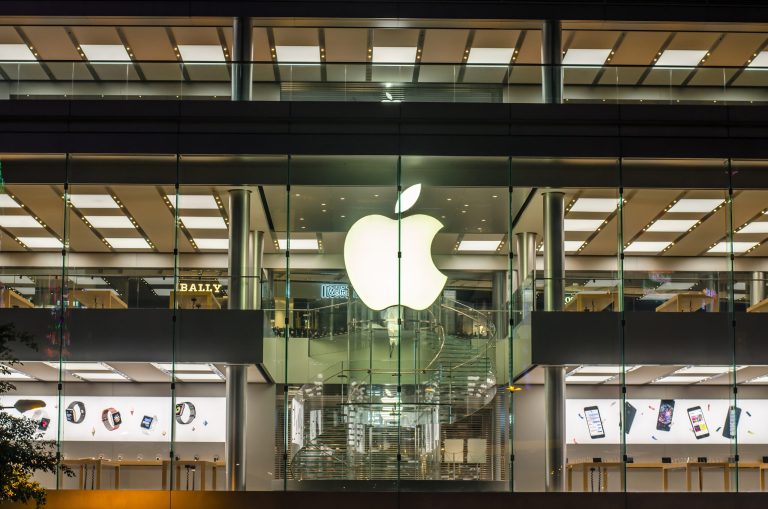Apple’s descent from the top of China’s smartphone market in 2024 signals a seismic shift in the competitive landscape of one of the world’s largest smartphone markets.
Data from Canalys highlights a 17% decline in Apple’s shipments across the country, marking its worst annual performance ever.
The tech giant’s loss of market share to Huawei and Vivo underscores the growing dominance of Chinese manufacturers and raises questions about Apple’s ability to retain its premium market position in an increasingly innovation-driven environment.
Apple’s struggle in a shifting market
Apple’s 15% market share in 2024 pales in comparison to Vivo’s 17% and Huawei’s 16%, reflecting a decline driven by several factors.
The absence of cutting-edge artificial intelligence features in its latest iPhone models sold in China, coupled with growing consumer interest in domestic foldable phones and other innovations, has dented Apple’s appeal.
Compounding these challenges, Huawei’s resurgence has been particularly striking. After years of sanctions following its blacklisting by the US in 2019, Huawei has leveraged locally developed chipsets to reclaim a foothold in the premium smartphone segment.
This comeback has been bolstered by a 24% surge in shipments during the fourth quarter, outpacing Apple’s efforts to recover.
Meanwhile, domestic brands like Xiaomi and Vivo continue to capture consumer loyalty with products tailored to local preferences.
Vivo’s strength in the budget segment and its steady advancements in technology have made it a formidable competitor to Apple, which has historically targeted the high-end market.
Apple’s pricing strategies under scrutiny
Apple’s response to its declining sales has included rare discounts aimed at boosting demand. A four-day promotional campaign in early January 2024 offered price reductions of up to 500 yuan ($68.50) on iPhone 16 models.
While this strategy aligns with Apple’s broader global pricing tactics, it highlights the growing price sensitivity among Chinese consumers and raises questions about the sustainability of Apple’s premium pricing model in the region.
Despite these measures, Apple’s efforts may not be sufficient to counteract its struggles in a market increasingly shaped by local innovation and aggressive competition.
The company faces additional headwinds, such as the continued expansion of Android brands and the proliferation of advanced features like foldable displays, which Apple has yet to introduce to its lineup.
Implications for Apple’s global strategy
China remains a critical market for Apple, representing a significant share of its global revenue.
The company’s decline in this region has broader implications for its global strategy, especially as emerging markets like India and Southeast Asia become focal points for growth.
The challenges in China serve as a cautionary tale, emphasising the importance of aligning product offerings with local market dynamics and maintaining technological leadership in a rapidly evolving industry.
As Huawei and Vivo solidify their positions, Apple’s ability to innovate and adapt will be crucial in regaining its footing in China.
The company’s next moves, particularly regarding the integration of AI capabilities and the development of new product categories, will likely determine its future trajectory in this critical market.
The post Apple slips to third in China’s smartphone market, outshined by Huawei and Vivo appeared first on Invezz

